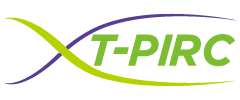
Outreach activities
companyname
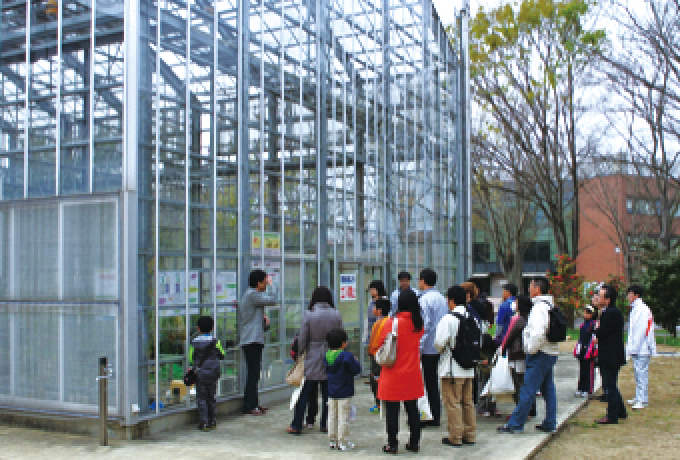
- “Let’s actually see genetically modified plants!”
- (Science & Technology Week (April)) For general public + school
Gene manipulation training course
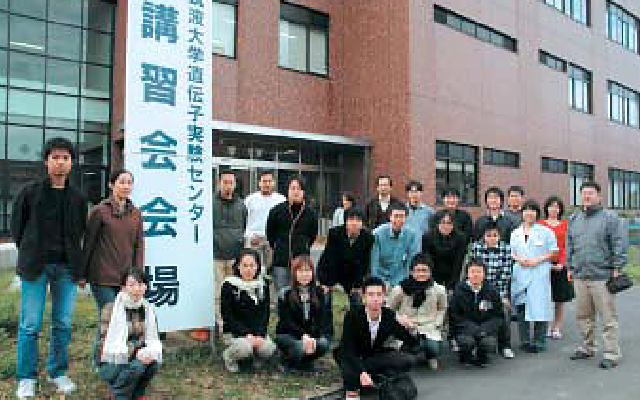
- We are currently offering a course in gene manipulation every Autumn. During instruction of this course, we provide technical guidance to 10-15 students. This course is a one-week intensive training opportunity (9 AM to 10 PM) that provides fine guidance and encourages good technique through the hands-on practice of various skills. In 2006, the following experiments were conducted in our course: RNA isolation from plants, plasmid isolation from E coli, semi-quantitative RT-PCR, TA-cloning, DNA sequencing, transformation of tomato, Western-blotting, yeast two-hybrid system, observation of GFP protein under confocal fluorescence microscopy, and TILLING. Our primary objective for this course is to enhance the development of young researchers through this course.
Recombinant DNA experiment course for school teachers
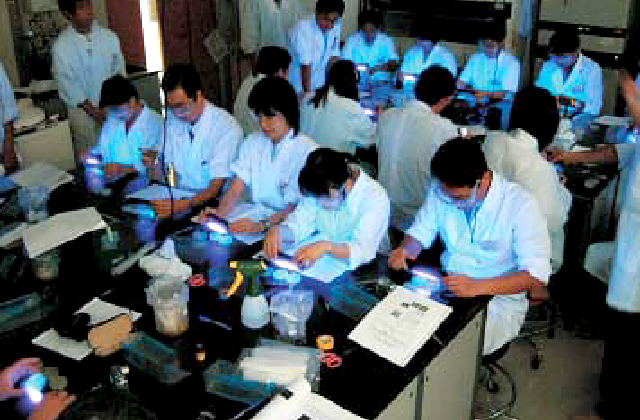
- To promote “Recombinant DNA laboratory practice for secondary education”, we hold workshops for junior high and high schools teachers and curators in science museums etc. The workshops are divided into two categories: a basic course (held during summer vacation as a two-day course with 20 participants) and an advanced course. The basic course is intended for teachers of biology and other science fields. We also hope to educate those with backgrounds in domestic science, social science and health physical education, and also for the public officials and journalists etc. In the basic course, participants transform Escherichia coli cells using plasmid DNA containing the green fluorescent protein (GFP) gene. The presence of the fluorescent protein enables the transformed bacteria to be illuminated under an ultraviolet ray. This exciting experiment enables our students to learn about everything pertaining to recombinant DNA technology. They will learn basic information about biology and related legal issues which pertain to the social circumstances revolving around this technology. We place a special emphasis on genetically modified organisms (GMOs). Our students also study how to enforce “Recombinant DNA laboratory practice for secondary education” in their classrooms and/or museums. The advanced course is also a two-day course with 20 participants that is held during winter vacation. This course was created in response to the requests of former participants of the basic course as a means to enable them to study advanced practices for recombinant DNA technology.
Bio-e-café
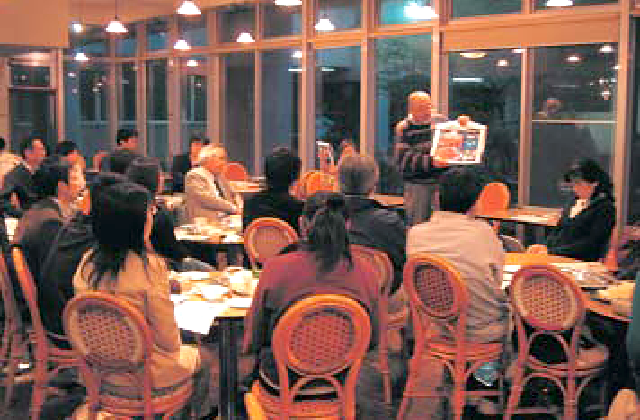
- The Bio-e-café was initiated to obtain public acceptance about cutting-edge gene-related technology. This program is a joint project that is sponsored by the Gene Research Center and the Graduate School of Life and Environment Sciences. Specialists are available to explain complex issues in simpler terms to individuals how have questions. The specialists will ask and answer questions with participants in a relaxed atmosphere that provides with coffee and music. This café is supported by undergraduate and graduate students and volunteer staff. This café has a role as a Dojo (training hall) of students who wish to be a science communicator/mediator and also houses billboards for the Gene Research Center and the Graduate School of Life and Environmental Sciences.






